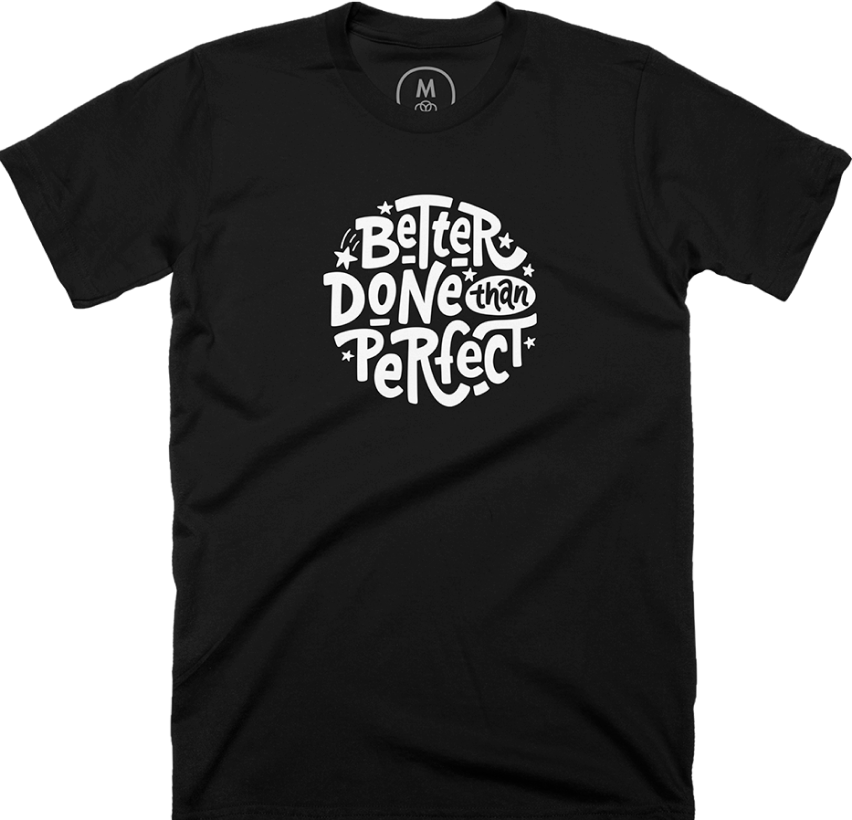Nicole Kow, content strategist and marketing wizard, spent several years creating content for a travel tech company. She learned all the different ways businesses utilize the content during this time — not just to generate leads but to retain and educate customers as well. She continues to do this work for a broader range of companies not necessarily confined to the travel space.
What is the biggest challenge for the companies she works with?
“They just don’t really know who their audience is and what their audiences would be interested in.”
In some cases, they may have a good understanding of their audience yet they are producing content that is at odds with what that audience wants. Nicole then steps in, does the research, and returns to the client with direction on what to write about:
“Most of the time, we agree on the topic and that’s where I also start writing for them. Where I hope I bring the most value is that research piece, helping my clients understand what resonates with their audiences, and what would really get eyeballs on their product.”
Reach vs. impact
One of the biggest pitfalls in content strategy that Nicole encountered early was “chasing the numbers” — prioritizing reach and visibility for content rather than the impact. She recalls writing several long, data-driven blog posts about the industry. They performed well but weren’t optimized for the specific goal of lead generation:
“It wasn’t good in terms of translating our work into money, into the bottom line, because we weren’t generating the right sort of leads for our company.”
Content that didn’t get the same reach could still end up performing better against the intended goal. One client she worked with handled scheduling systems for pharmacies. There was lots of content to create, specifically around COVID. Although it didn’t see the same reach, the content served as a great sales enablement tool for the sales force:
“The sales guys would talk to the clients and then they’d send over a post and say, ‘This is where our software can come in to help you solve your problem. This is probably what you’re facing. This is where we can support you.’”
The research process and industry wisdom
Nicole researches at the start of the content creation process and she asks her clients what they have already tried, assuming they know their customers best. She will then proceed to LinkedIn to find those most engaged with the business page, those involved in the industry, and those that fall into the target audience:
“I find out where they work, what positions they’re in, what kind of groups they join.”
Sites like Reddit and Quora are great places for learning customer language.
“You can see how people talk to each other and what kind of language they use, what terminologies, what’s the lingo of the industry.”
Once she understands the customer and their language, she mimics that in her writing.
Beyond simply doing the research, Nicole has acquired wisdom over the years. Quality trumps quantity when it comes to content — long-form, well-researched and genuinely useful pieces tend to do better. Additionally, you have to practice the writing itself:
“One mistake is just thinking that anyone can write. It’s true, anyone can write, but to write well I did a lot of homework. I read books on how to write. I listened to people. I listened to podcasts about writing and I honed my craft in that aspect.”
Another tip — never publish the first draft. Always come back to the content to edit it. Nicole likes to step away from her writing for a period of time before coming back to edit.
Resources and great content examples
Janes asks if she has writing resources and Nicole shares some of the books and inspirations she has. From “On Writing Well” she likes the sentiments of “stop waffling, get to the point, be clear” and thinks that’s a good read for content writers on the Internet. Likewise, there’s timeless advice in “Don’t Make Me Think” by Steve Krug.
She draws excitement from listening to her favorite writers, Elizabeth Gilbert and Ann Patchett, talk about what they’re writing about. She also follows Animalz, a content marketing agency:
“They write really good articles about writing. They also have podcasts and the occasional webinars and, when time zones permit, I join and they always have good advice. I never regret joining a webinar, listening to a podcast, or reading anything from them.”
Two companies she thinks are killing it with content are Asana and Intercom. Asana takes an interesting angle — they talk about collaboration and culture instead of directly about project management. And Intercom has excellent product shipping updates.
Nicole’s best work
Jane wraps up by asking Nicole about her favorite three pieces of content.
The first was “Grow Your Content Marketing as a Team of One”:
“It was very personal because, at my old job, I was literally the only person managing marketing and communications for the entire company. It was very stressful. Then I went freelance and I thought life would be better but then I realized it was totally the same thing. So I just wrote all this stuff that I wish someone had told me into a blog post.”
The second was “The Evolution of Developer Salaries: Looking Back 20 Years.” Nicole wrote this for CodeSubmit as a spin on a popular topic that people often want to know about.
The third was “Developer Burnout: Why It Happens and What We Can Do About It”, also for CodeSubmit.
Nicole says these three pieces aren’t the most technical examples, but ones that she is proud of.
Final advice
Do take time to research your audience.
“Every time you think you know them well enough, just speak to your customer success manager. Speak to a sales person. Drop in on a Reddit conversation.”
Don’t cut corners on researching your topic.
“People can tell if you are making stuff up. You really have to do the work.”
Thanks for listening! If you found the episode useful, please spread the word on Twitter mentioning @userlist, or leave us a review on iTunes.


